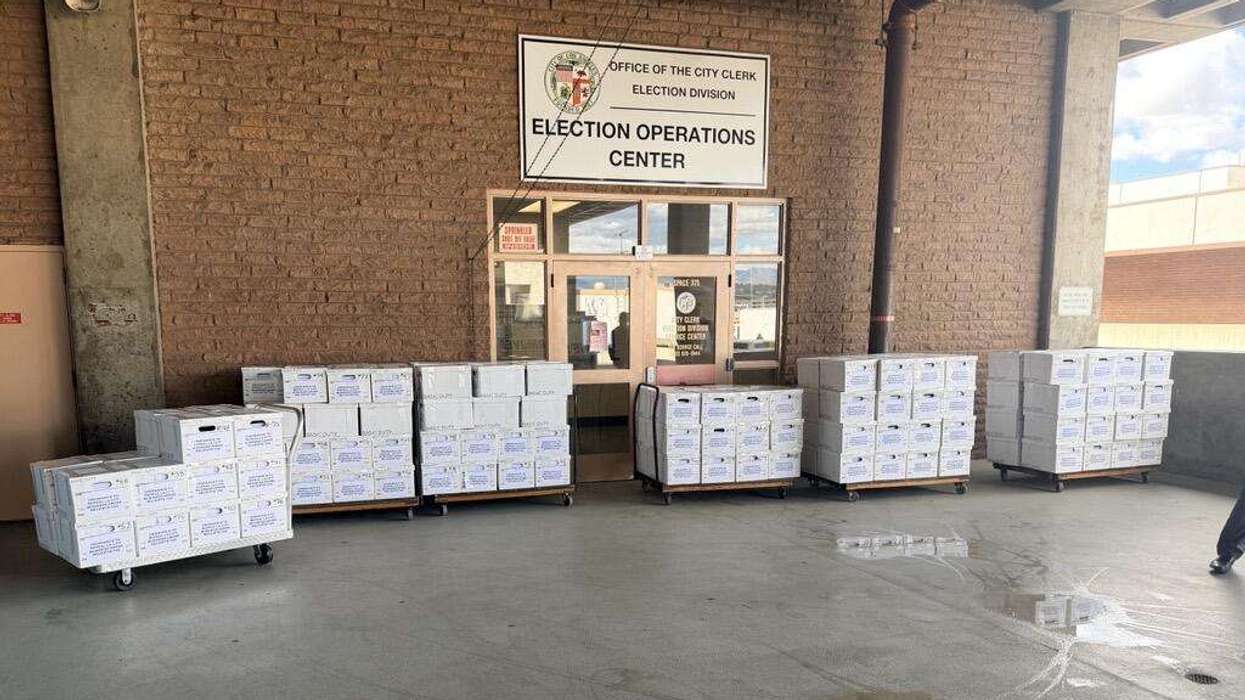HOTEL AND TRAVEL associations welcomed the passage of the bipartisan infrastructure bill by the House of Representatives over the weekend, saying the measure is long overdue. At the same time, there is some concern that the bill also eliminates a key piece of federal assistance to companies struggling to retain jobs during the COVID-19 pandemic.
The House passed the $1.2 trillion Infrastructure Investment and Jobs Act on Friday after months of debate over it and the related Build Back Better legislation, which is still pending. The bill, according to the Associated Press, contains:
- $110 billion to repair the nation’s aging highways, bridges and roads, including almost $40 billion for bridges alone
- $39 billion to expand public transportation systems
- $66 billion to improve Amtrak’s Northeast Corridor
- $65 billion to improve broadband internet access
- $7.5 billion for electric vehicle charging stations
- $65 billion to improve the reliability and resiliency of the power grid
- $25 billion to improve airport runways, gates, taxiways and terminals
- $55 billion on water and wastewater infrastructure. That includes $15 billion to replace lead pipes and $10 billion to address water contamination from polyfluoroalkyl substances
“I don’t think it’s an exaggeration to suggest that we took a monumental step forward as a nation. We did something that’s long overdue, that long has been talked about in Washington but never actually been done,” President Joe Biden said after the bill’s passage. “[The Infrastructure Investment and Jobs Act is] a once-in-a-generation investment that’s going to create millions of jobs modernizing our infrastructure — our roads, our bridges, our broadband, a whole range of things — to turn the climate crisis into an opportunity. And it puts us on a path to win the economic competition of the 21st century that we face with China and other large countries and the rest of the world.”
Biden called the bill the most significant investment in the nation’s infrastructure in 50 years. To fund the bill, the federal government will use $210 billion in unspent COVID-19 relief aid and $53 billion in unemployment insurance aid some states have halted, as well as other sources, according to AP.
However, AAHOA and the American Hotel & Lodging Association said the bill, while necessary, comes with another cost.
“No bill is perfect and, unfortunately, the measure will terminate the employee retention tax credit once President Biden signs the bill into law,” said Ken Greene, AAHOA’s president and CEO, in a statement. “Earlier this year, we successfully advocated for its extension through the end of 2021 in the American Rescue Plan Act of 2021. AAHOA maintains staunch opposition to this provision, and we are disheartened to see the recovery efforts of small businesses disrupted at the cost of the infrastructure bill passing.”
Chip Rogers, president and CEO of AHLA, also said he was disappointed that the infrastructure bill will eliminate the tax credit two months early.
“Reliable and modern infrastructure is vital to the hotel industry because it facilitates travel, commerce and American competitiveness. This package would go a long way toward achieving those ends, but it comes at a steep cost,” Rogers said. “Many hotels and their employees are counting on this program—especially given lingering COVID-19 concerns and the negative economic impact they are having on hotels. While we strongly support investment in our nation’s infrastructure, struggling hotel employees and small businesses should not be forced to bear that cost, and AHLA will continue advocating to maintain programs that are helping hoteliers through the pandemic.”
The U.S. Travel Association focused on the benefits of the bill in its statement.
U.S. Travel Association President and CEO issued the following statement on the U.S. House of Representatives passing the bipartisan Infrastructure Investment and Jobs Act:
“The passage of the bipartisan Infrastructure Investment and Jobs Act is both significant and long overdue. The bill will have a profound impact on how people travel for decades to come. By making historic investments in our transportation infrastructure now, we can emerge from the pandemic with stronger, more modern and efficient systems that can facilitate a resurgence in travel demand,” said Roger Dow, USTA president and CEO. “U.S. Travel has strongly advocated for this important piece of legislation and championed these important policies for years. The historic levels of travel infrastructure investment provided by this act—including for airports, railways, highways, electric vehicle charging infrastructure and more—will accelerate the future of travel mobility.”
Dow also highlighted the fact that the bill will establish a chief travel and tourism officer at the Department of Transportation, a position that will help coordinate travel and tourism policy across all modes of transportation.
“This role will be vital for rebuilding our industry and preparing to welcome back visitors from around the world,” Dow said.






